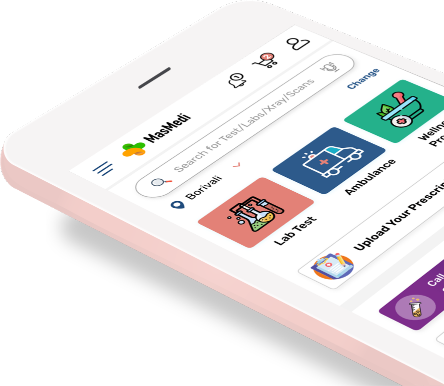Sample Type
Gender
Age Group
Blood
Male/Female
All Age Group
The flavivirus, also known as an RNA virus and most frequently infecting primates, is typically found in the hepatitis C virus, also commonly abbreviated as HCV. Essentially, humans are the only source of this illness. The most common method of identification is by inoculation with blood and blood derivatives. The genome of hepatitis C is around 10,000 nucleotides long and develops into a single polyprotein with 3000 amino acids. This virus frequently affects the liver, making it harder for the bodys natural immune system to fight it off. As it becomes chronic and worsens over time, it may potentially cause liver damage and even liver failure.
best labs
Option Near Youlab comparison
As per your budgetAffordable
Price GuaranteedUNBIASED ADVICE
On LabsSUNDAY LAB
Labs available on SundaysTracking health status made easy with the app. Now available on both Google Play Store and App Store. Book health tests and access your smart reports and health trackers anytime anywhere.
